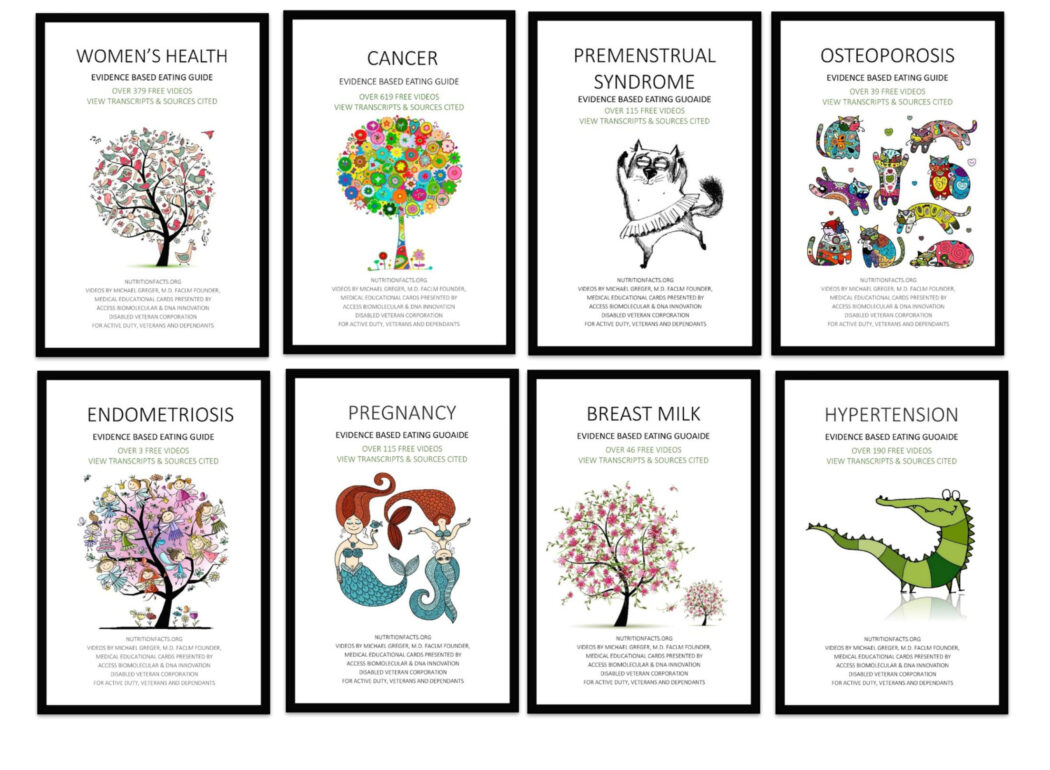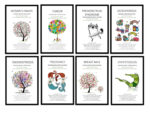Mental Health
Whether you’re feeling anxious, sad, or angry, have lost interest in activities that once gave you great joy, or just need to talk with someone, never hesitate to seek professional help. Your well-being—mental, emotional, and even physical—may benefit from it.
Indeed, mental health appears to play a part in physical health, so it’s crucial to eat foods that support both your mind and your body. Studies suggest that eating less meat may not only be good for us physically, but emotionally, too Researchers employed two tests—the Profile of Mood States and the Depression and Anxiety Stress Scale—and measured levels of depression, anger, hostility, fatigue, confusion, hopelessness, lack of interest, anhedonia (lack of pleasure), agitation, irritability, and impatience with others. Subjects eating plant-based diets reportedly experienced significantly fewer negative emotions than omnivores and also reported feeling more “vigor.”
Major depression is one of the most commonly diagnosed mental illnesses. People who are depressed appear to have elevated levels in their brain of monoamine oxidase (MAO), an enzyme that breaks down excess monoamines, a class of neurotransmitters that includes serotonin and dopamine. Thus, depression may be caused by abnormally low monoamine levels due to elevated MAO levels.
Many plant foods, including apples, berries, onions, and green tea, contain phytonutrients that appear to naturally inhibit MAO, and studies show that the more fruits and vegetables you eat, the happier, calmer, and more energetic you may feel.
Risk of depression may also be increased by certain food components, such as arachidonic acid. The top-five sources in the American diet are chicken, eggs, beef, pork, and fish, although chicken and eggs alone contribute more than the other top sources combined. Data suggest that people with higher blood levels of arachidonic acid may end up at significantly higher risk of suicide and episodes of major depression.
For substantiation of any statements of fact from the peer-reviewed medical literature, please see the associated videos below.

